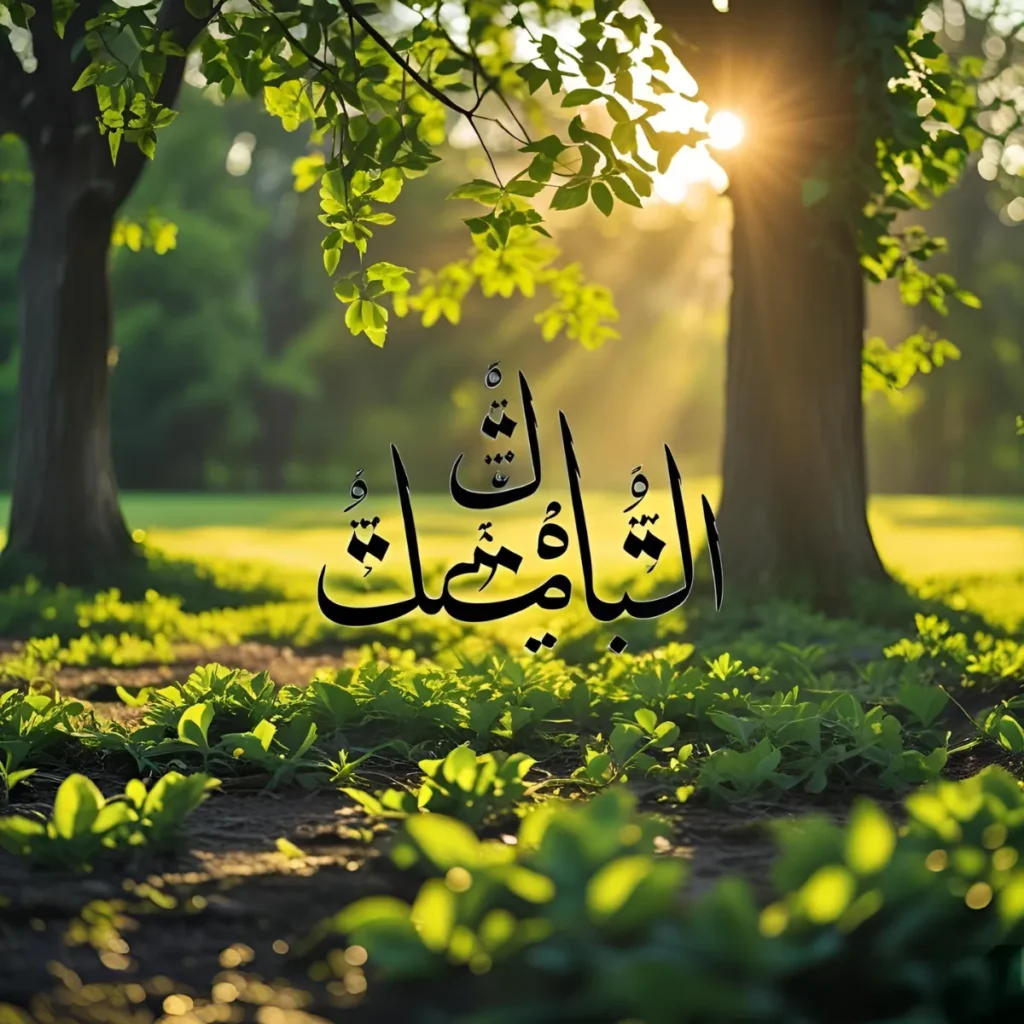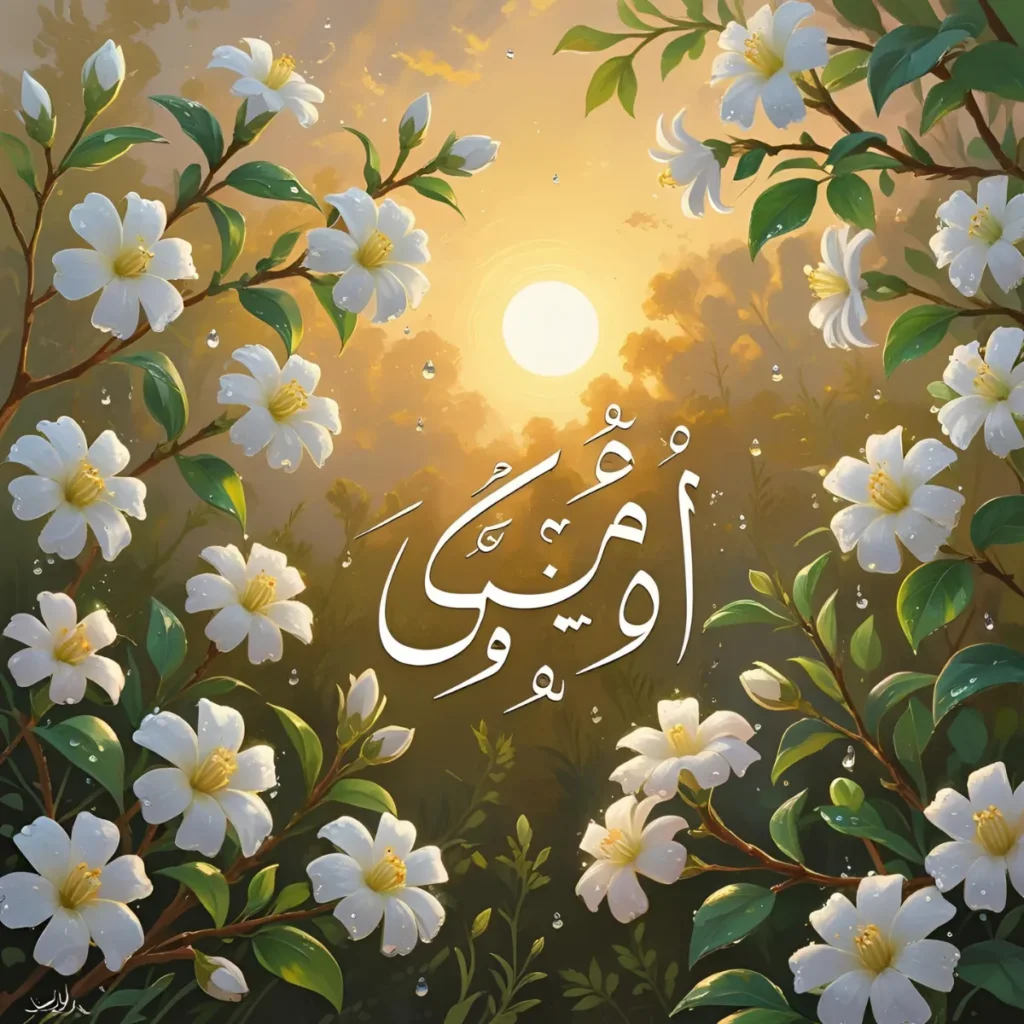“Good morning” in Arabic is most commonly said as “Sabah al-khair” (صباح الخير). It is a polite and friendly greeting used in the morning to wish someone a good start to the day. A common reply is “Sabah an-noor” (صباح النور), which means “morning of light.”
Many users search for how to say good morning in Arabic when learning basic Arabic phrases, traveling, or greeting Arabic-speaking friends or colleagues. The user intent is clear: they want a simple, correct explanation that is easy to remember and use daily.
In this guide, you will learn the proper way to say “good morning” in Arabic, how to respond, and when to use it formally or casually. These beginner-friendly explanations help you greet others politely and confidently in Arabic.
Say good morning in Arabic
Here are 15 ways to say “Good morning” in Arabic, complete with dialogue examples and cultural or historical context for each.
15 Ways to Say Good Morning in Arabic (With Meaning & Usage)
| # | Arabic Phrase | English Meaning | When to Use It |
|---|---|---|---|
| 1 | صباح الخير (Sabah al-khair) | Good morning | The standard and most common greeting. |
| 2 | صباح النور (Sabah an-noor) | Morning of light | The polite reply to Sabah al-khair. |
| 3 | صباح الورد (Sabah al-ward) | Morning of roses | Sweet and poetic; for warm greetings. |
| 4 | صباح الياسمين (Sabah al-yasmeen) | Morning of jasmine | Romantic or affectionate morning greeting. |
| 5 | صباح الحب (Sabah al-hubb) | Morning of love | Use for spouse/partner. |
| 6 | صباح الجمال (Sabah al-jamal) | Morning of beauty | Cute compliment, good for texting. |
| 7 | صباح الخير يا صديقي (Sabah al-khair ya sadiqi) | Good morning, my friend (to a male) | Friendly tone. |
| 8 | صباح الخير يا صديقتي (Sabah al-khair ya sadiqati) | Good morning, my friend (to a female) | Friendly tone. |
| 9 | نهارك سعيد (Naharuk sa’eed) | Have a happy day | Formal & polite tone. |
| 10 | يسعد صباحك (Yis‘id sabahak / sabahik) | May your morning be happy | Common in Levant (Lebanon, Syria, Jordan). |
| 11 | أهلاً صباح (Ahlan sabah) | Good morning / Hello morning | Light, casual greeting. |
| 12 | صباح النشاط (Sabah al-nashat) | Energetic morning | Use to motivate someone. |
| 13 | صباح البركة (Sabah al-barakah) | Blessed morning | Religious or spiritual tone. |
| 14 | صباح القهوة (Sabah al-qahwa) | Coffee morning | Fun greeting for coffee lovers. |
| 15 | صباح السعادة (Sabah al-sa‘adah) | Morning of happiness | Warm and positive message. |
1. صباح الخير (Ṣabāḥ al-khayr) – Good morning
Origin:
This is the most standard and widely used way to say “Good morning” in Modern Standard Arabic (MSA) and across most dialects.
Example:
👤 User A: صباح الخير يا علي
👤 User B: صباح النور يا فاطمة
Use: Formal and universal, suitable in any setting—school, office, or even TV.
2. صباح النور (Ṣabāḥ an-nūr) – Morning of light

Origin:
This is the poetic and typical response to “Ṣabāḥ al-khayr.” It means “morning of light.”
Example:
👤 User A: صباح الخير
👤 User B: صباح النور
Use: Used as a reply; common in Arab countries like Egypt, Lebanon, and Jordan.
3. نهارك سعيد (Nahārak saʿīd) – Have a happy day
Origin:
Used mostly in Levantine and Egyptian dialects. A polite, slightly formal version of wishing someone well.
Example:
👤 User A: نهارك سعيد يا أستاذ
👤 User B: شكراً، نهارك سعيد أيضاً
Use: Semi-formal; used in customer service, cafes, or meetings.
4. صباح الورد (Ṣabāḥ al-ward) – Morning of roses
Origin:
A sweet, romantic variation often used in the Levant (Lebanon, Syria, Palestine) and Egypt.
Example:
👤 User A: صباح الورد، كيفك اليوم؟
👤 User B: صباح الفل! تمام، وإنتَ؟
Use: Warm and affectionate; between friends, family, or lovers.
5. صباح الفل (Ṣabāḥ al-full) – Morning of jasmine

Origin:
Common in Egyptian Arabic, this phrase reflects Egypt’s love for fragrant flowers like jasmine (“full”).
Example:
👤 User A: صباح الفل يا جميل
👤 User B: صباح العسل، عامل إيه؟
Use: Very friendly and informal; used with close ones.
6. صباح العسل (Ṣabāḥ al-ʿasal) – Morning of honey
Origin:
Used mostly in Egypt and the Gulf, this one adds a sweet flair—ideal for flirting or expressing warmth.
Example:
👤 User A: صباح العسل يا أميرة
👤 User B: وانت من أهله يا حلو
Use: Intimate or affectionate; best for lovers, close friends, or family.
7. صباح الياسمين (Ṣabāḥ al-yāsamīn) – Morning of jasmine flowers
Origin:
Popular in Syria and the Levant, jasmine holds cultural value and this greeting shows deep admiration.
Example:
👤 User A: صباح الياسمين والفرح
👤 User B: صباح المحبة والسرور
Use: Poetic and romantic; often used in written messages too.
8. صباح الجمال (Ṣabāḥ al-jamāl) – Morning of beauty
Origin:
Modern and trendy, especially on social media and among younger speakers.
Example:
👤 User A: صباح الجمال يا قمر
👤 User B: صباحك أجمل يا وردة
Use: Flirty or friendly; used to compliment someone’s appearance or spirit.
9. يسعد صباحك (Yisʿid ṣabāḥak) – May your morning be happy
Origin:
Common in the Levant, this is a heartfelt wish for someone to have a joyful start to their day.
Example:
👤 User A: يسعد صباحك يا جار
👤 User B: يسعدلي قلبك، كيفك؟
Use: Friendly and neighborly.
10. صبحك الله بالخير (Ṣabbaḥak Allāh bil-khayr) – May God make your morning good

Origin:
Religious or traditional greeting often used in the Gulf and some conservative settings.
Example:
👤 User A: صبحك الله بالخير يا أبو خالد
👤 User B: وصبحك بالرضا والنور
Use: Formal or traditional; respectful in older or religious communities.
11. صباح النشاط (Ṣabāḥ an-nashāṭ) – Morning of energy
Origin:
A motivational, modern twist used in schools or workplaces.
Example:
👤 User A: صباح النشاط يا شباب
👤 User B: صباح الحماس والعمل!
Use: Encouraging tone; used by teachers, managers, or coaches.
12. صباح السعادة (Ṣabāḥ as-saʿāda) – Morning of happiness
Origin:
Popular in both daily conversation and social media; promotes positivity.
Example:
👤 User A: صباح السعادة للجميع
👤 User B: وياك، يا رب يومك حلو
Use: Friendly and uplifting.
13. صباح الحب (Ṣabāḥ al-ḥubb) – Morning of love

Origin:
Used in romantic contexts—texts, letters, or spoken by lovers.
Example:
👤 User A: صباح الحب، وحشتني
👤 User B: صباحك عشق، أنا كمان
Use: Romantic; intimate conversations only.
14. صباح الهناء (Ṣabāḥ al-hanāʾ) – Morning of bliss
Origin:
Traditional phrase used in poetry and song lyrics; poetic and soft in tone.
Example:
👤 User A: صباح الهناء والخير
👤 User B: صباح الرضى والسرور
Use: Poetic or formal; written greetings and cards.
15. يا صباح الخير (Yā ṣabāḥ al-khayr) – Oh, good morning!
Origin:
A slightly dramatic or expressive way to greet, popular in songs, radio shows, and classic Egyptian films.
Example:
👤 User A: يا صباح الخير يا ناس
👤 User B: صباح النور والسرور
Use: Cheerful and theatrical; makes you stand out.
FAQs:
1. What is the most common way to say Good Morning in Arabic?
→ The most common phrase is “Sabah al-khair” (صباح الخير) which means Good morning.
2. How do I reply to “Sabah al-khair”?
→ The polite reply is “Sabah an-noor” (صباح النور) which means Morning of light.
3. Is the phrase used in all Arabic-speaking countries?
→ Yes, Sabah al-khair is understood in almost every Arabic-speaking region.
4. How do I say Good Morning to someone older or respected?
→ Still use Sabah al-khair, but speak with a warm and polite tone.
5. Can I use emojis with good morning greetings in messages?
→ Yes! Example: Sabah al-khair ☀️💛
6. How do I say Good Morning, my friend in Arabic?
→ Sabah al-khair, sadiqi (to a male)
→ Sabah al-khair, sadiqati (to a female)
7. How do I say Good Morning, Beautiful in Arabic?
→ Sabah al-khair, jamila (to a female)
→ Sabah al-khair, jamil (to a male)
8. Is there a more cute or friendly way to say it?
→ Yes, you can say Sabaho (صباحو) which sounds casual and friendly.
9. Do Arabic speakers use morning greetings in texts and chats?
→ Yes, it’s very common, especially with family and friends.
10. How do I pronounce “Sabah al-khair”?
→ Say it like: Sah-BAH al-KHAIR (the “kh” is like a soft throat sound).
Conclusion:
Now that you know how to say good morning in Arabic, you can greet others with confidence and warmth. The most common phrase is صباح الخير (Sabah Al-Khayr), and the typical response is صباح النور (Sabah An-Nur), meaning “morning of light.” These phrases are widely used across the Arab world and reflect the beauty of Arabic hospitality. So next time you meet someone in the morning, don’t hesitate to say صباح الخير and brighten their day with a friendly Arabic greeting!



